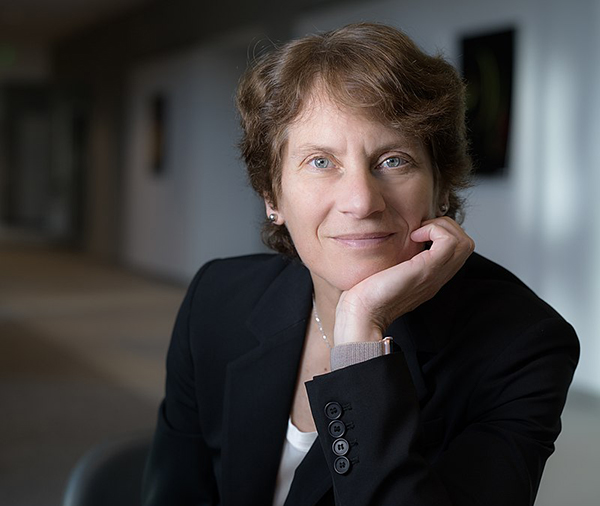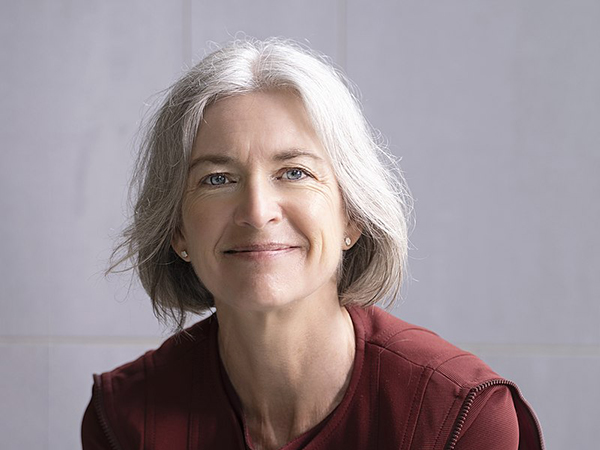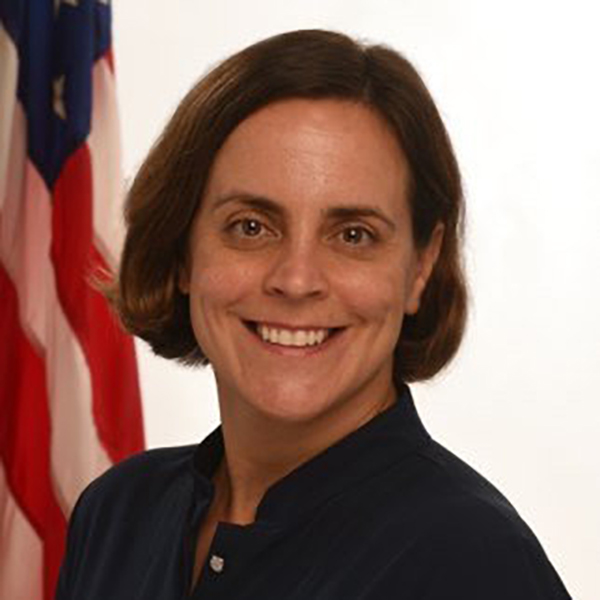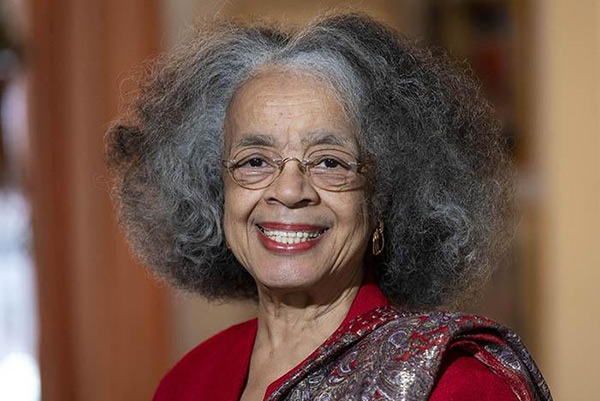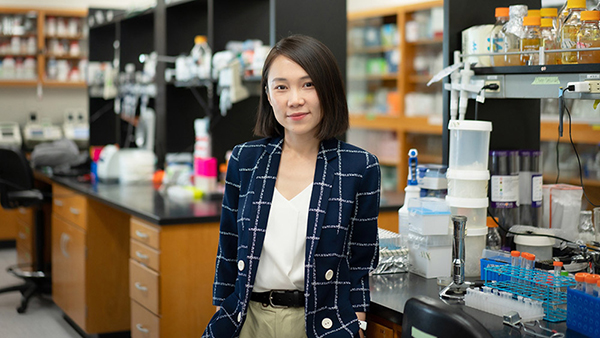|
Dear Colleagues, I am pleased to include another issue of RFS Briefings with some timely and encouraging updates on women in science. Please continue to share important news and opportunities with us so that we may share it with you and others who are committed to supporting the careers of exceptional women in science. Stay safe and sound,
Karla Shepard Rubinger
In the latest episode of On With Kara Swisher, Kara talks to Stanford chemist Carolyn Bertozzi, who just won the 2022 Nobel Prize in Chemistry for inventing the promising new field of bioorthogonal chemistry, which consists of chemical reactions that scientists can use to study molecules in a living biological environment without interfering with the natural processes of that environment. Read more. Image: Carolyn Bertozzi by Christopher Michel in 2022. CRISPR’s second decade: Jennifer Doudna looks forward and back.
In a candid conversation with GEN senior science writer Julianna LeMieux during “The State of Biotech” forum, Doudna discussed a wide range of topics—what excites her most about CRISPR, where she sees genome editing making an impact on society, what it is like to win the Nobel, and much more. Read more. Image: Jennifer Doudna in 2021 by Christopher Michel. ‘Exhausting’ and ‘energizing’: First leader of high-risk medical research agency discusses startup.
Renee Wegrzyn is the first leader of the Advanced Research Projects Agency for Health, which aims to fund high-risk, high-reward biomedical research. She discussed her plans for the new agency with ScienceInsider. Dr Wegrzyn was a speaker at our Year-end Conference Read more. President Biden’s new health agency with a sweeping mandate to cure some of the system’s biggest problems has one big message: Please apply. (Image: Wikipedia) The biologist who talks with cells.
Diversity and inclusion is a must to make innovation work for all. The importance of mentoring networks for female scientists. Apply for the 2023 Undergraduate Summer Internship Program. Dr. Chelsea Hu’s research is the first step in figuring out how scientists can have greater control over engineered cells.
Dr. Chelsea Hu, an assistant professor in the Artie McFerrin Department of Chemical Engineering at Texas A&M University and a member of the Accountability, Climate, Equity, and Scholarship (ACES) Faculty Fellows Program, is using synthetic biology to help scientists control genetically engineered cells. Her study is the first to use modeling and a physical experiment to show the effectiveness of layered feedback mechanisms. Read more. Marianna Limas, Social Media Manager |


